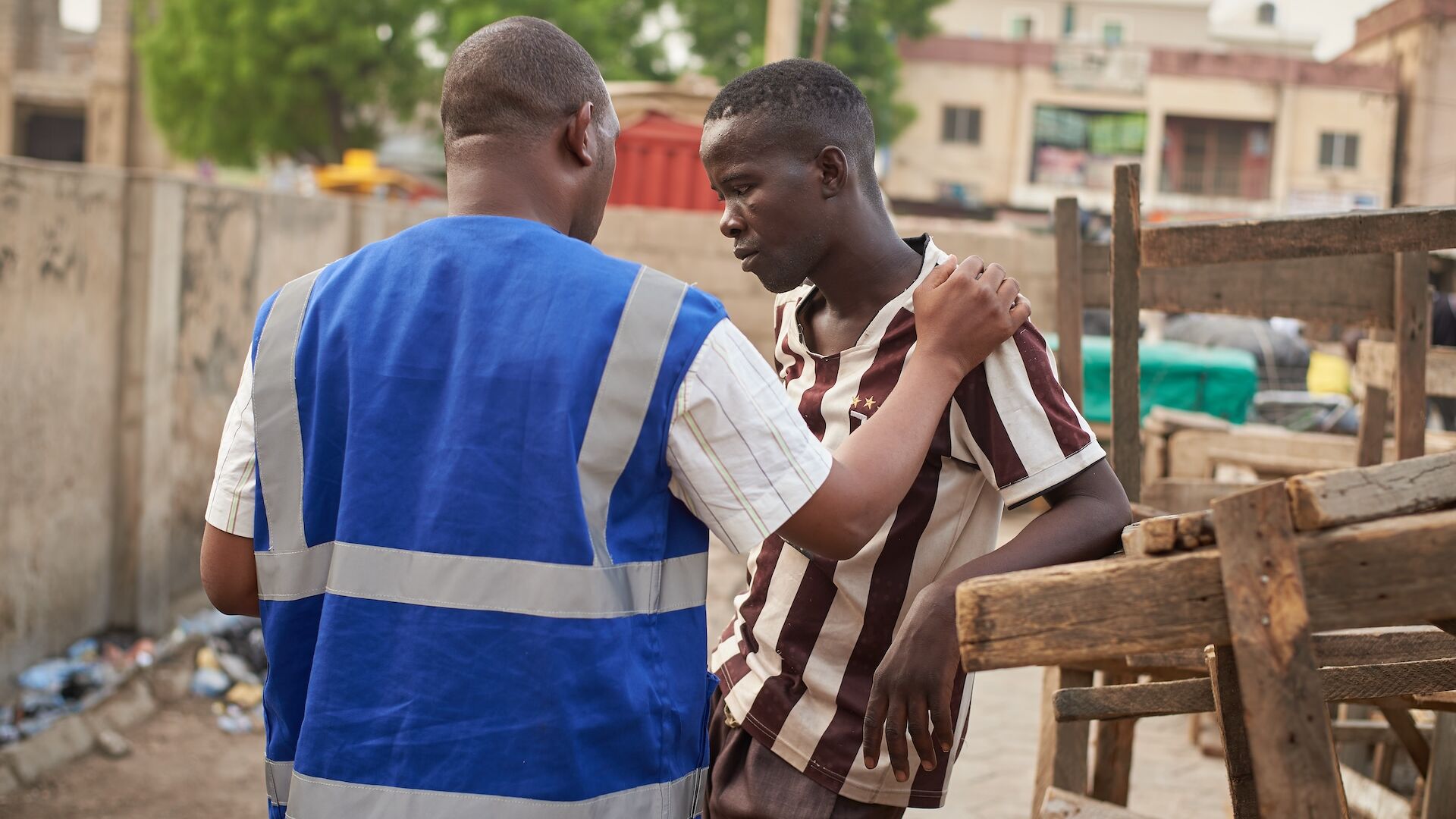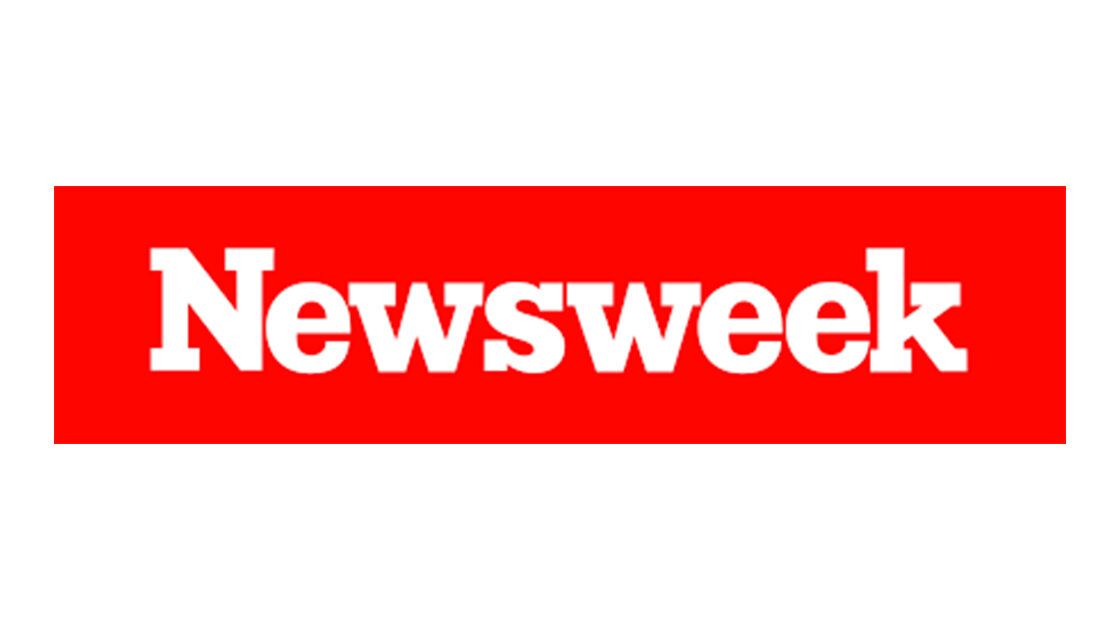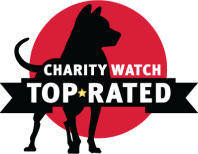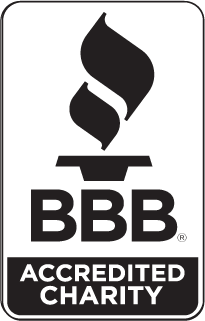In Nigeria, Expectant Mothers Find Support in One Another
With support from the Bill & Melinda Gates Foundation through TA Connect, Project HOPE’s G-ANC program is expanding antenatal care for expecting mothers in Niger State.

Maryam, 24, is one of hundreds of thousands of women in Niger State, Nigeria, who don’t see a doctor or nurse until late in their pregnancy—if at all.
Maryam didn’t receive any health care until late in her third trimester. She didn’t know antenatal care was important, or that problems could arise early on in her pregnancy. This is her first pregnancy.
“We normally go for antenatal care if you are close to delivery,” she explains.
Maryam lives in the Gbako local government area of Niger State. The state is home to 5.9 million people, 22% of them women of reproductive age, and has some of the highest maternal and infant mortality rates in Nigeria. Only half of women in Niger State attend a single antenatal care visit during pregnancy, and only 13% attend four visits—the minimum number of visits recommended by the World Health Organization. Only 48% of deliveries have a skilled birth attendant present, and just 9% of mothers and newborns receive postnatal care in the critical 72 hours after childbirth.
Like Maryam, many women simply haven’t been taught about the importance of antenatal care. Other barriers that explain the lack of coverage include the cost of services, the distance to the nearest health facility, a shortage of skilled health workers, and cultural norms requiring women to seek permission from household decision-makers before accessing health care.
In May 2022, thanks to a grant from the Bill & Melinda Gates Foundation through Technical Advice Connect (TA Connect), Project HOPE began the Group Antenatal Care (G-ANC) project to address these barriers, improve antenatal coverage, and increase the number of facility-based deliveries.
Recommended by WHO, the G-ANC model brings women of similar gestational ages together for antenatal care sessions, where they receive health services and learn from health workers and each other about how to participate in their own care.
“The traditional, individual model involves taking instructions from the health care workers and doesn’t provide pregnant women with the opportunity to express their opinions, learn from their peers, or make contributions while accessing care,” says Comfort Audu, a senior technical officer at Project HOPE.
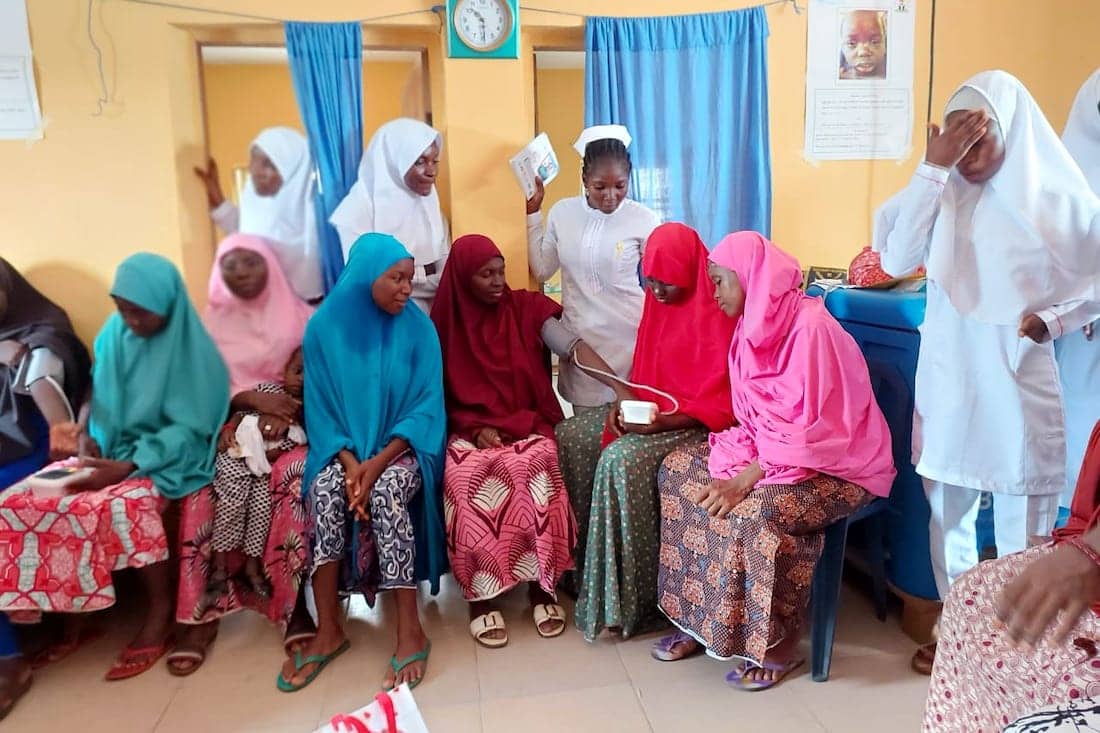
Over the course of 10 months, Project HOPE provided technical assistance to help the Niger State government adapt, adopt, implement, and sustain the G-ANC approach as the entry point for reproductive, maternal, newborn, and child health services, effectively improving antenatal coverage in 151 health facilities across 14 local government areas.
“One of our objectives was to reduce waiting times at health facilities and reduce the workload for health workers,” Audu says. “G-ANC enables health workers to plan antenatal sessions more effectively, and this reduces stress and improves patient satisfaction.”
Through G-ANC, Project HOPE adapted tools to suit the local context, conducting trainings in the three predominant local languages (Nupe, Gbagyi, and Hausa), and used picture cards to ensure understanding for women with low literacy skills, including Maryam. The project team also composed G-ANC songs in all three languages.
“I really love the teachings and songs,” Maryam says. “It made me happy.”
Women were taught how to measure their weight, height, and blood pressure using specialized color-coded devices. They also learned how to identify danger signs using self-assessment cards.
“The use of self-assessment has made the consultation time shorter, so women are able to finish and go home on time,” says Habibat, a nurse who provides antenatal care services at a primary health care center in Borgu. “Women are also willing to teach the new enrollees the basics of G-ANC, and this has made my work much easier.”
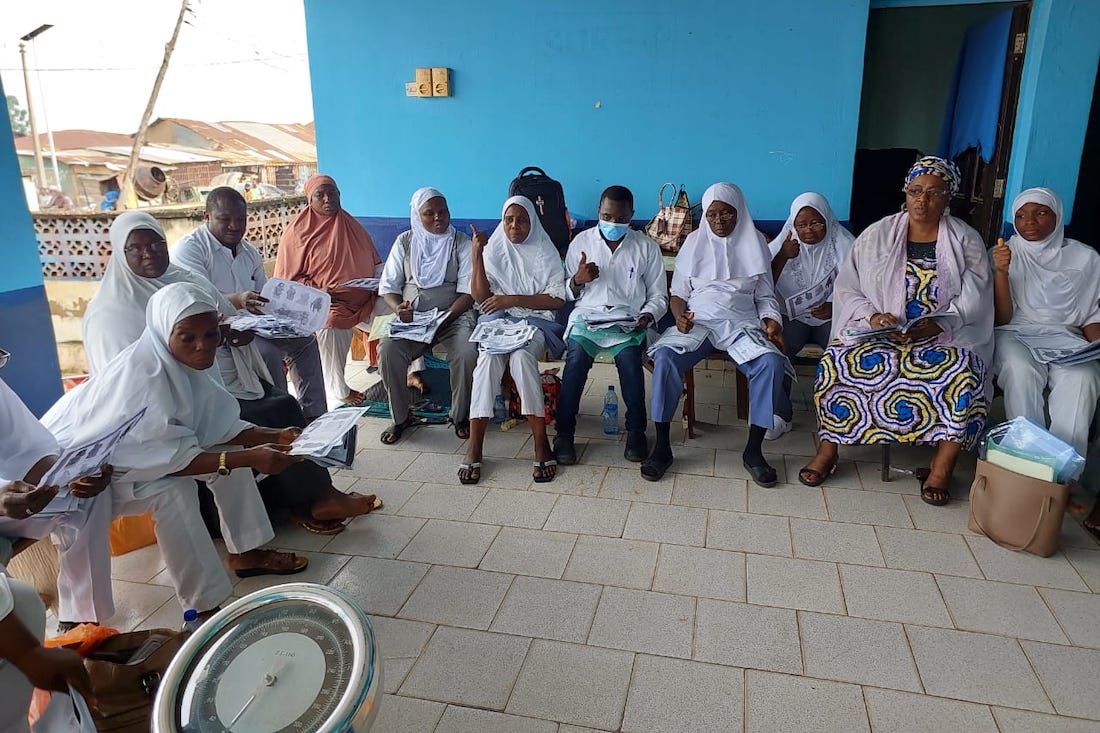
Habibat says that G-ANC has played a special role in her community. Most pregnant women are more interested in coming in for their scheduled appointments, and this has helped her create more of a bond with her patients.
In less than a year, the G-ANC project formed 1,587 groups and served over 14,500 pregnant women. Nearly 400 health workers were trained in providing reproductive, maternal, newborn, and child health services and facilitating group sessions. Just over 400 community health influencers were taught to help promote the services and refer women to health facilities, and 246 data managers were trained on surveillance and data management.
Maryam attended three G-ANC sessions before her due date in January, and made the decisions to deliver at the facility and exclusively breastfeed her baby as a result.
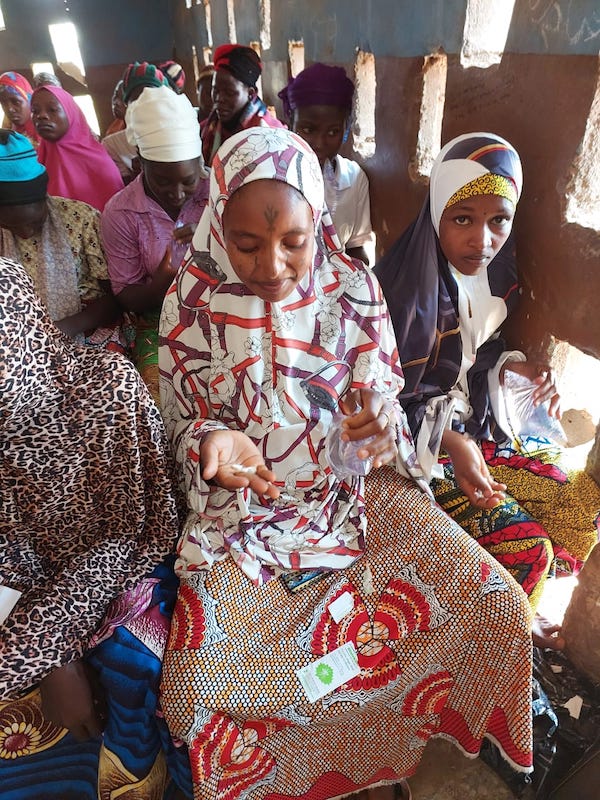
Hassana, 19, also attended three G-ANC sessions before giving birth to a healthy baby boy in January. She says she had a positive first pregnancy because of G-ANC, and the sessions also motivated her to seek postnatal care.
“I wish I started G-ANC early because it is loaded with relevant information and gives pregnant women the opportunity to participate actively in their care during pregnancy,” she says. “G-ANC addressed all my fears, myths, and misconceptions about pregnancy and delivery.”
The G-ANC model also encourages the involvement and support of family and friends in a woman’s pregnancy journey.
Text BoxThirty weeks into her second pregnancy, 20-year-old Farida started attending G-ANC sessions with her mother-in-law, who encourages her active participation in meetings.
“I have so much confidence in the services the health care workers render, and that has created a strong bond between my family and the facility staff,” Farida says.
Farida was diagnosed with pregnancy-induced hypertension, and her whole family has rallied around her well-being and care.
“She was referred to a secondary facility to see a physician for further management, but I insist that she continues attending G-ANC because it is very beneficial to her,” Farida’s mother-in-law says. “She cannot get this kind of luxury of attention at a secondary facility because it’s crowded, and they do not have G-ANC interventions there.”
Even though G-ANC made great strides, there is still critical work to be done to improve maternal and child health in Niger State.
“The needs are still great,” Audu says. “Facilities need more equipment and supplies, like blood pressure devices, iron folic acid supplements, and sulphadoxine pyrithiamine tablets for malaria prevention, and there needs to be more community mobilization so women access antenatal care early enough.”
The lives of women like Maryam, Hassana and Farida could depend on it.

